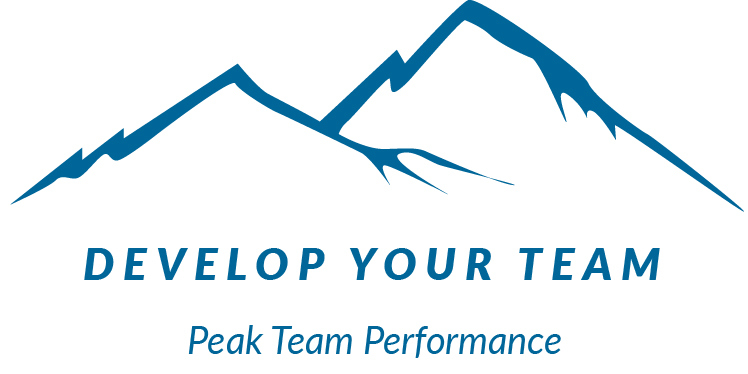 Did you know that the word “time” is used more often in the English language than any other noun? In the United States especially, we are obsessed with time. Being on time, making the most of time, providing goods and services “just-in-time,” wasting time, killing time, spending time (ideally quality time), saving time… I could go on, but in the interest of time will stop here as I am sure you get the picture.
Did you know that the word “time” is used more often in the English language than any other noun? In the United States especially, we are obsessed with time. Being on time, making the most of time, providing goods and services “just-in-time,” wasting time, killing time, spending time (ideally quality time), saving time… I could go on, but in the interest of time will stop here as I am sure you get the picture.
After reading the thought-provoking article “Being Lazy and Slowing Down” by Riyad A. Shahjahan I started thinking about time a little differently as I explored the idea from diverse perspectives.
In Western culture, time is viewed as a commodity, not to be “wasted.” If we’re not engaged in a visibly productive activity, we’re thought of as being lazy. As a result, we often find ourselves rushing from task to task, although not necessarily accomplishing much of anything. It’s an illusion that we can “manage” time, bend it to our will. And yet we try – with calendars, schedulers, reminders, alarms, and a host of efficiency and time management tools. But in many cases, the more we try to control time to get the most out of every minute, the less we actually have.
While we can’t truly control time, we can make choices about how and where we focus our energy and attention. Yes, the tasks are important (many of them, at least). And then there are those things that don’t fit so neatly into a structured and scheduled block of time. Things like building relationships, meaningful communication, innovation, reflection, and problem-solving. When we do those things well, we become more productive, completing the tasks and projects more effectively and efficiently.
Reflection, for example, is a foreign concept for many, its power unrecognized. And yet, reflection is a critical component of learning and creating. Without it, learning is shallow and seldom remembered, while innovation seems entirely out of reach. How often have you heard someone say, “I do my best thinking in the shower.”? Perhaps you’ve said that yourself. Why is it that we find solutions for problems we’ve been grappling with or find exciting new ideas while in the shower? For some of us, that is the only unstructured time we have in the day – and we thrive in that environment! We find solutions to problems, clarity about decisions, and answers to questions, when we allow ourselves just a little space.
What would happen if you allowed yourself to be lazy for just a little while today? How might you thrive?
***
Riyad A. Shahjahan (2015) Being ‘Lazy’ and Slowing Down: Toward decolonizing time, our body, and pedagogy, Educational Philosophy and Theory: Incorporating ACCESS, 47:5, 488-501, DOI: 10.1080/00131857.2014.880645

Shari
Great post! I will have to read the article you posted. I hadn’t considered WHY time in the shower, on the “pot” (you know it’s true), or on my commute offered such insightful moments!
Just recently I have attempted to set more firm boundaries about my time at work. Could I do more, maybe, but already I struggle to take the breaks and lunch to which I am entitled. Just because we can, doesn’t mean we should. As you have described, it is essential to carve some time out of our days to just “be”. It is in those moments that we have the opportunity to evaluate the past and contemplate the future, without pressure to “perform”.